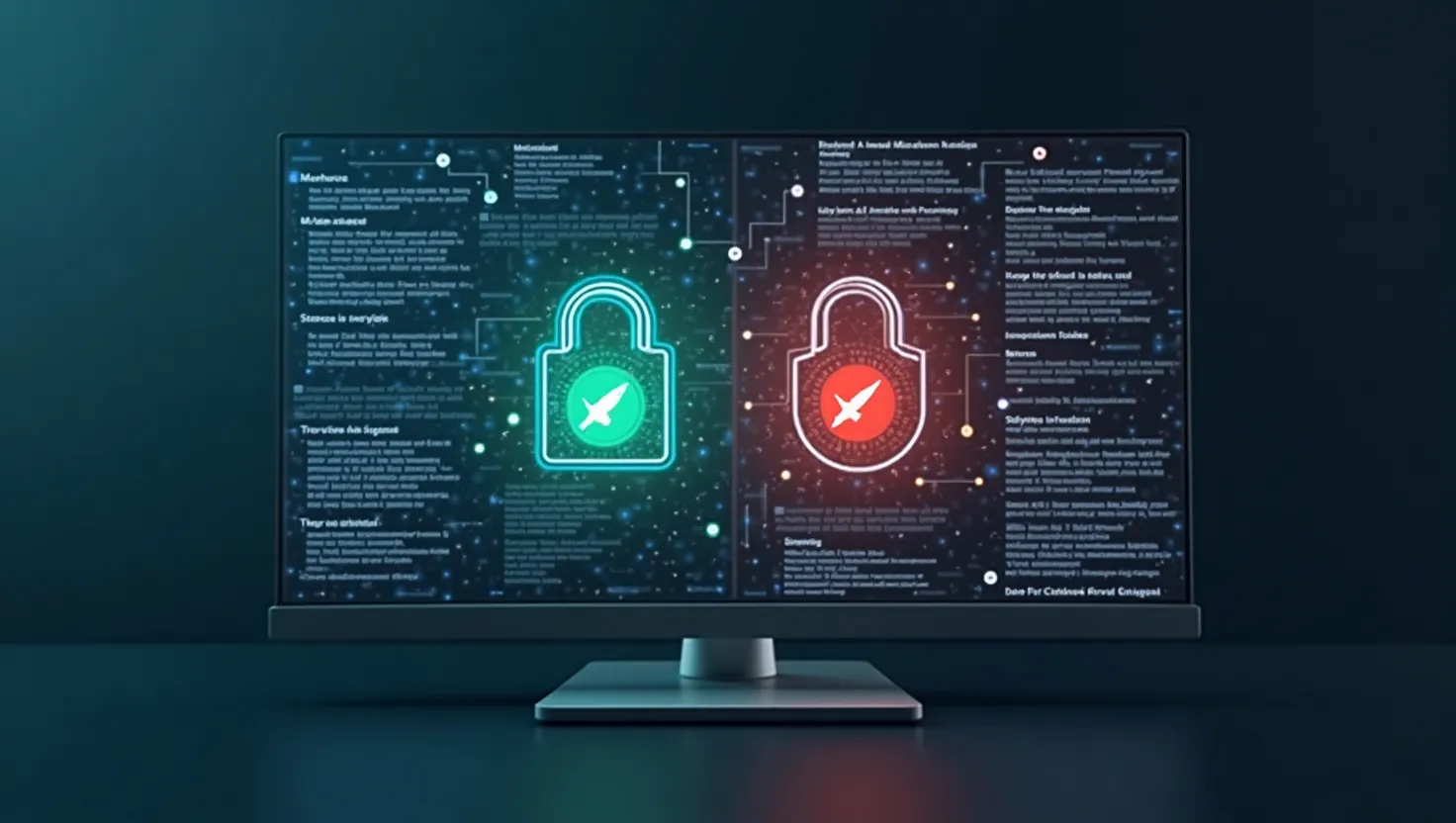Russia Could Set New Cybersecurity Standards
Fresh disclosures about vulnerabilities in the Model Context Protocol (MCP) show how fast-emerging AI integration tools are creating global security risks — and why Russian experts see both urgency and opportunity to shape new cybersecurity standards with worldwide impact.

A Dangerous Vulnerability
Researchers at Kaspersky Lab presented findings on vulnerabilities in the open standard from Anthropic — the Model Context Protocol (MCP).
This protocol is used to connect AI assistants with external data and services. According to the study, attackers could set up malicious MCP servers disguised as legitimate tools. Such servers could manipulate command execution, insert backdoors via updates, or secretly exfiltrate data.
The vulnerability poses a threat to developers and enterprises actively embedding AI into their workflows. In the worst-case scenario, the impact could reach millions of users across the country who rely on AI-powered apps and services. For this reason, Russian experts stress the urgency of upgrading AI cybersecurity standards.

A Trigger for New Solutions
The discovery of MCP vulnerabilities is already prompting Russian specialists to develop verification mechanisms for MCP servers and rules for the secure use of AI infrastructure. These issues are not confined to Russia: similar risks exist in the U.S., the EU, and China.
That opens the door for Russia to position AI security solutions as a potential export offering. At the same time, new standards could strengthen national cyber-sovereignty and give the country a competitive edge in the global security market.

Tracking Vulnerabilities
Such disclosures are part of a broader trend in the IT world. In 2022, Kaspersky Lab warned about the growing number of supply-chain attacks through open repositories such as PyPI and npm.
In 2023, Check Point researchers revealed flaws in ChatGPT plug-ins that allowed malicious code injection through third-party services. And in 2024, Microsoft recorded attacks on developers using malicious NPM packages that mimicked legitimate libraries.
Emerging Attack Vectors
The expansion of AI is opening entirely new attack surfaces in integration infrastructure — from MCP to plug-ins and APIs. Securing open-source tools is now one of the toughest challenges for Russia’s IT sector.

The same applies to developing standards for trusted AI integrations, which are increasingly seen as vital. Over the next two to three years, attacks leveraging fake MCP servers and compromised supply-chain components could become the go-to weapon in cyberwarfare.
One possible solution: creating a registry of trusted MCP servers and national certification centers for AI integrations.










































